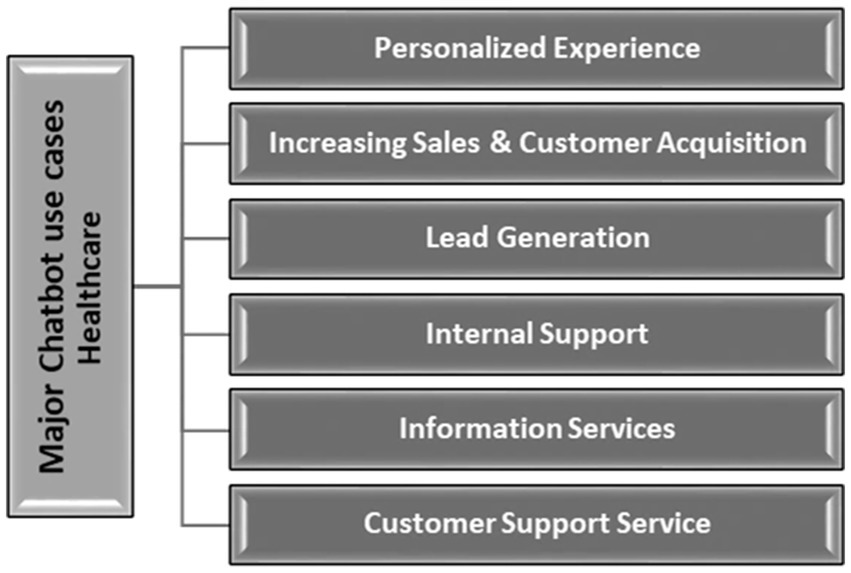Research Overview
A recent study published in the Journal of Participatory Medicine highlights how advancements in digital technology have empowered patients, leading to a more collaborative healthcare system. The paper, titled “From Internet to Artificial Intelligence (AI) Bots: Symbiotic Evolutions of Digital Technologies and e-Patients,” discusses the evolution of digital health tools and the rise of the engaged e-patient.
The E-Patient Concept
The term e-patient refers to individuals who are “equipped, enabled, empowered, and engaged” in their health. This concept has evolved from the early internet days to the latest AI technologies, marking a shift from passive patient roles to active participation in healthcare.
Key Findings
Dr. Danny Sands, a co-author of the research, states:
“Our research demonstrates a clear trajectory where each digital innovation has built upon its predecessors, providing patients with unprecedented tools for self-care and interaction with the healthcare system. This isn’t just about convenience; it’s about fundamentally changing the dynamic between patients and clinicians for the better.”
Technological Innovations Impacting Patient Empowerment
The article outlines nine key technological innovations that have significantly impacted patient empowerment:
- The World Wide Web: Democratized access to health information.
- Email: Facilitated communication between patients and providers.
- Social Networking: Created peer support communities.
- Electronic Health Records (EHRs): Enhanced patient data access.
- Patient Portals: Provided direct access to medical records.
- Smartphones: Offered access to health information and self-monitoring tools.
- Patient-Generated Health Data (PGHD): Empowered patients to share health insights.
- Telemedicine: Improved access to care, especially for mental health.
- AI: Helped patients understand medical records and make informed decisions.
Future Implications
The rise of the e-patient has driven further technological advancements, creating a healthcare system that is safer and more responsive to individual needs. However, Dr. Sands cautions:
“While we celebrate these advancements, we also recognize the ethical challenges that new technologies, particularly AI, present. Concerns around patient safety, data privacy, and equitable access remain paramount.”
Conclusion
The study concludes that the evolution of digital health technologies and the emergence of the e-patient are paving the way for improved communication and collaboration between patients and clinicians, leading to a more patient-centric healthcare experience.
